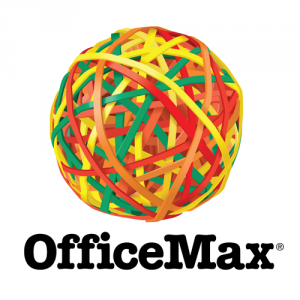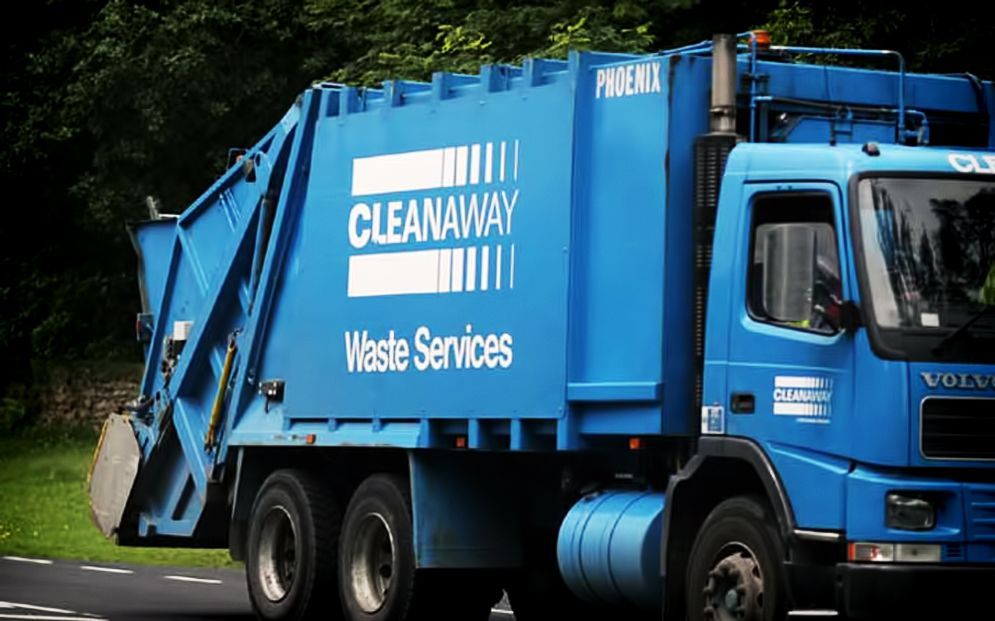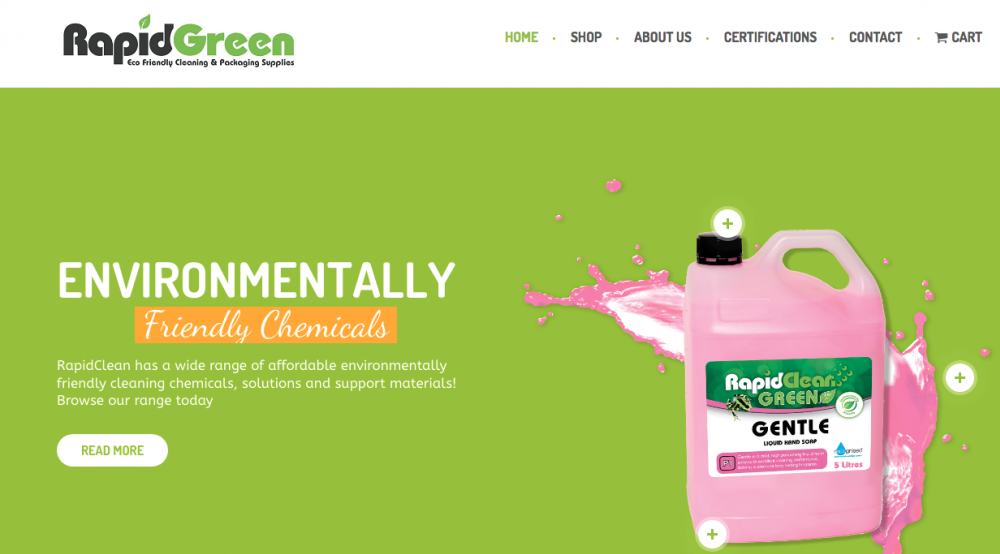
In addition to tackling the typical writing, regulatory and pricing issues with tender submissions, cleaning and hygiene companies must now be up to speed with modern demands around environmental, social, and governance (ESG) policies, writes Cameron Cooper.
Great tender writing can be the difference between success and failure for cleaning companies and building services contractors – yet too few business owners devote much time to the skill.
For those who only periodically complete such tender documents, it can be a somewhat tedious and time-consuming task. However, in the absence of outsourcing the job to a third-party specialist, there are some guidelines to follow that can help.
Vanessa Watson, founder of business consultancy Give and Take Co, advises clients on sustainable environmental, social and governance strategies.
She is also an experienced tender writer and believes that ESG compliance is one of the keys to winning contracts for cleaners and other service providers in today’s market.
“There’s so much noise around ESG and pressure coming from regulatory bodies and the broader community for businesses to do the right thing,” she says.
“When submitting tenders, smart companies have an ESG plan, including developing an authentic Reconciliation Action Plan, and well-thought-out policies and procedures to address important issues such as biohazards and modern slavery. While your company may not be large enough to be officially required to have these policies by law, I encourage all businesses to understand the benefits of these policies for their team, the community, and for the success of their company.”
Without paying attention to such detail, Watson says there is every chance that a tender document will fall to the bottom of the pile.
While such a rigorous tender approach could be daunting for some, she urges cleaning and hygiene businesses to get on board and respond to the needs of their prospective clients.
“They want to see transparent and ethical supply chains. They want to see little or no plastic, or at least a circular path to recycling and reusing that plastic. There’s a huge amount of work that can be done to reduce emissions and landfill in the cleaning industry.”
The write stuff
Susan Crane, a tender-writing specialist and business consultant at Crane Consulting, knows what it takes to get tenders across the line.
She will conduct a workshop on the topic at the ISSA Cleaning & Hygiene Expo in Sydney in September. She recommends a five-point blueprint for tender writing.
- Have a marketing plan
Such a plan comes before any tender processes and provides clarity on the goals and direction of the business, which can then translate into clear messaging when writing tender documents and drafting quotes.
Smart marketing and networking also make it easier to build relationships with clients and prospective business partners, including those who may be sitting on a tender panel. “They need to know who you are,” Crane says.
“If they do, you’ll probably get a ticket to the dance.”
- Create a capability statement
This document should be comprehensive and cover the profile of your business and any overarching mission and goals.
In addition, it should outline specific details related to areas such as quality management systems (including Cleaning Industry Management Standard [CIMS], GBAC, and ISO certifications), continuous improvement programs, key personnel and expertise in your organisation, the types of equipment and technology you use, environmental and diversity policies, and any relevant financial, revenue and insurance details.
Crane also suggests generating a table that lists client details, what you did for them, standout achievements and appropriate testimonials.
Unfortunately, she says, most businesses ignore capability statements.“You should have one and then keep it up to date, so you have the information on hand if a request for proposal (RFP) or tender comes out.”
- Register on tender notification services
In addition to any relevant government, private sector and industry websites that list tenders, Crane advises registering for sites such as ICN Gateway, which identifies business and tender opportunities, plus relevant federal and state procurement sites.
“If you have registered and have all your business information set up on these platforms, you’ll automatically get picked to be able go to tender on that work.”
- Focus on the tender-writing details
Your business’s capability statement should provide core information that can be used in any tender document.
Then, with specific tenders, it is crucial to ensure that all questions and requirements from the would-be client are addressed, along with the basics such as your ABN and whether you plan to sub-contract or not.
“Don’t be afraid to ask questions, or alert them to any errors, after getting the tender document,” Crane says.
“This makes you look professional and forthcoming and it will be looked upon as a good thing.”
In terms of the writing style, imagine you are drafting copy for your website that is clear and concise and largely free of jargon. “And don’t write War and Peace,” Crane says. “Keep the wording specific and to the points in the tender.”
Do your research, understand the audience, and run the final draft of the tender past other colleagues or professionals to ensure it reads well and hits the mark. That includes proof-reading the document and running a spell-check.
“A lot of companies just fire off documents,” Crane says. “They don’t have a chance.”
5. Make sure the price is right
Putting in a lowball tender offer with the thought of renegotiating later is a recipe for failure, Crane says.
“If you do that, you’ll kill the relationship.”
A smarter approach is to provide an appropriate price for the project and to point out the value and additional services that the quote covers over and above the brief.
To be ale to do this correctly, you must understand your cost to serve and there are tools available on the ISSA portal to assist with this assessment. Such a move is vital, especially during times when labour availability and costs can be unpredictable.
Crane says cleaning and building services contractors should check how the prospective client wants the job to be priced. Will it be per square metre of cleaning, based on labour outputs, or a combination of labour costs and consumables? “If they haven’t specified this in the tender, ask them up-front.”
An eye for detail
Ultimately, a tender document is a reflection of your business, so it needs to be professional and compelling at the same time. The devil is often in the detail.
For example, it is quite common for incumbent suppliers to think that the tender panel knows about their organisation and capabilities. Therefore, they leave basic information out of the document. Never assume, especially given that many companies now use third parties for tender evaluations.
Watson says there is a wealth of information on the internet for companies pitching to tender. They can, for instance, go to the website of Better Building Partnerships, a collaboration of leading property owners, to school themselves on green leases and what is required of cleaners who are servicing such buildings.
“Then the cleaning company can get an understanding of where their role falls and what they would have to do to be the successful tenderer.”
There is also the option of getting external experts to guide you through the tender process and ensure that you have the very best chance of winning the deal.
“It de-risks the whole process,” Watson says.
Live and learn
The recent focus on ESG as part of tender submissions can be a valuable learning process that allows businesses to grow and evolve. “It’s not about ticking the boxes and getting the jobs,” Watson argues.
“There’s a bigger reason now. ESG is all about how you treat the planet, how you treat your people, and how you run your business.”
You still must be authentic, however, with regard to any claims you make about your business.
“It’s one thing to write a Modern Slavery policy that, in theory at least, covers a business’s requirements,” Watson says.
“It’s a different thing to have the procedures and to actually live that truth to make sure those procedures happen.”
In that sense, Watson believes the hard work really has to be done well before businesses even think about competing for contracts.
“The tender is almost the last piece. The way you run your business and incorporate ESG into your company’s DNA will put you in a strong position to win these tenders.”
Of course, businesses cannot expect to win every tender, every time. Crane says if you miss out, it is perfectly reasonable to ask why.
Indeed, a failed tender bid represents a chance to reset and do better the next time. Be professional and write a letter to the prospect thanking them for the opportunity to bid and request details about how the tender proposal could have been better.
“Most people will give you feedback,” Crane says.
This article first appeared in the July/August issue of INCLEAN magazine.
Read the original article here.
Comment below to have your say on this story.
If you have a news story or tip-off, get in touch at info@incleanmag.com.au
Sign up to INCLEAN’s newsletter.





